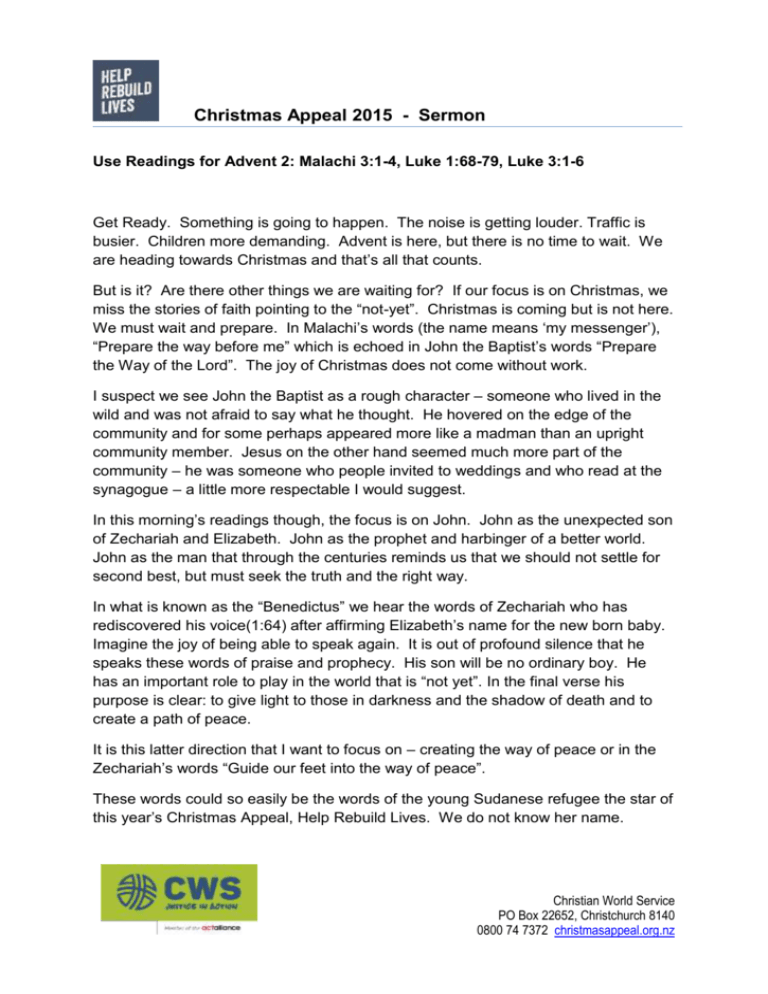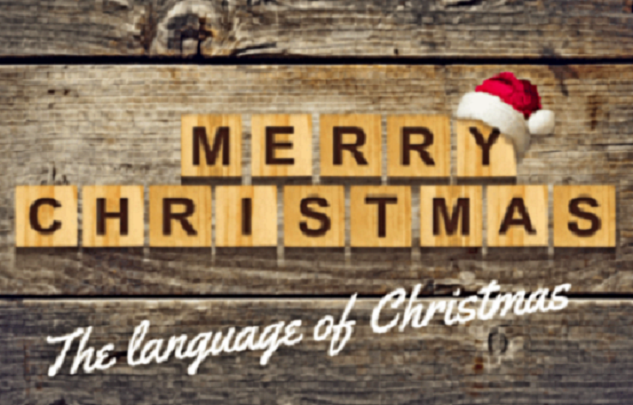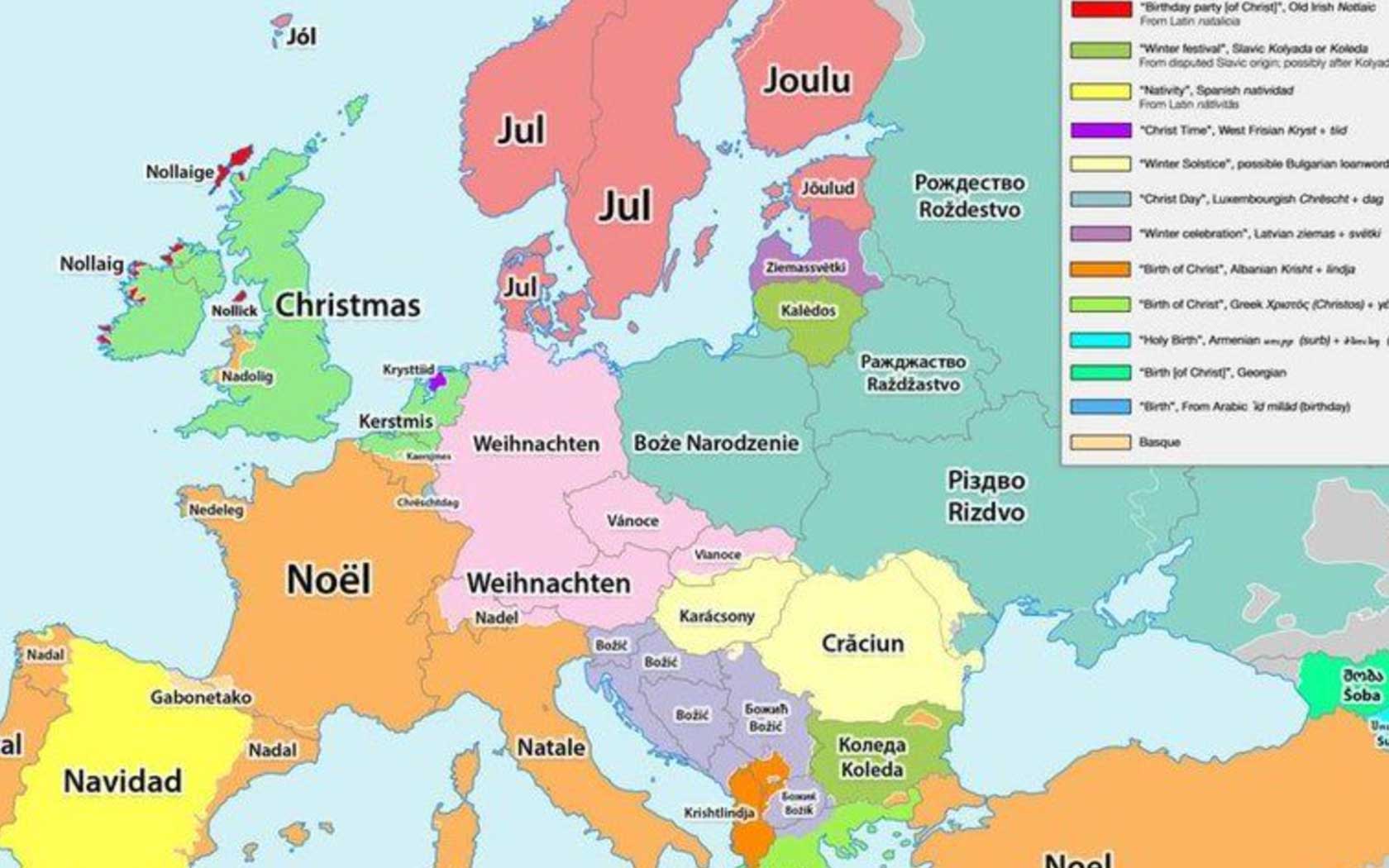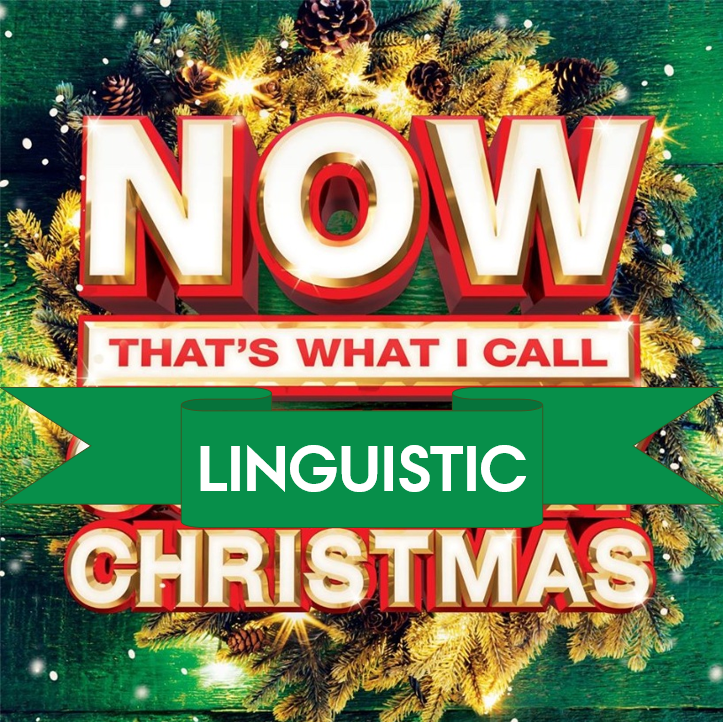The Enduring Appeal Of Christmas Words: A Linguistic Exploration
The Enduring Appeal of Christmas Words: A Linguistic Exploration
Related Articles: The Enduring Appeal of Christmas Words: A Linguistic Exploration
Introduction
In this auspicious occasion, we are delighted to delve into the intriguing topic related to The Enduring Appeal of Christmas Words: A Linguistic Exploration. Let’s weave interesting information and offer fresh perspectives to the readers.
Table of Content
The Enduring Appeal of Christmas Words: A Linguistic Exploration

Christmas, a holiday steeped in tradition and sentiment, is not only celebrated through festive decorations and gatherings but also through the unique vocabulary that encapsulates its spirit. This vocabulary, often referred to as "Christmas words," holds a special place in the English language, evoking feelings of joy, anticipation, and nostalgia. While some of these words are commonplace, others remain relatively obscure, adding a layer of intrigue and complexity to the holiday’s linguistic tapestry.
The Origins and Evolution of Christmas Words:
The origins of Christmas words can be traced back to centuries-old traditions and practices. Many words, such as "carol" and "yule," have roots in pre-Christian celebrations, reflecting the merging of pagan and Christian traditions during the holiday’s evolution. Others, like "Santa Claus," have their origins in folklore and mythology, showcasing the dynamic interplay between cultural influences and linguistic development.
The evolution of Christmas words is a fascinating study in itself. Some words, like "gift" and "tree," have remained relatively unchanged, while others, like "Christmas card" and "holiday lights," are relatively new additions to the lexicon. This evolution reflects changing social norms, technological advancements, and the evolving nature of holiday celebrations.
The Power of Christmas Words:
Christmas words possess a remarkable power to evoke specific emotions and memories. The sound of "jingle bells" instantly conjures images of snow-covered landscapes and cheerful carols. Words like "fireplace" and "snowman" evoke feelings of warmth and nostalgia, transporting individuals to childhood memories of holiday gatherings. This power lies in the semantic richness of these words, their ability to tap into deeply ingrained cultural associations and personal experiences.
Exploring the Nuances of Christmas Words:
While some Christmas words are widely used and understood, others are more obscure, adding a layer of depth and intrigue to the holiday’s vocabulary. For instance, "wassail," a traditional English Christmas toast, evokes a sense of history and tradition. "Yuletide," a more archaic term for Christmas, carries a sense of ancient folklore and pagan ritual. Understanding the nuances of these words allows for a deeper appreciation of the holiday’s history and cultural significance.
The Importance of Preserving Christmas Words:
Preserving Christmas words is crucial for maintaining the holiday’s unique cultural identity. As language evolves, some words risk becoming obsolete, leading to a loss of cultural heritage. By actively using and sharing these words, individuals can contribute to their continued relevance and ensure that future generations can experience the rich linguistic tapestry of Christmas.
FAQs on Christmas Words:
1. What are some examples of Christmas words?
Some common Christmas words include: carol, jingle, ornament, stocking, Santa Claus, reindeer, elf, mistletoe, holly, gingerbread, and snow.
2. How do Christmas words differ from everyday vocabulary?
Christmas words often have specific connotations and associations related to the holiday, making them distinct from everyday vocabulary. They often evoke emotions and memories specific to the festive season.
3. Why are some Christmas words considered "obscure"?
Some Christmas words are considered obscure due to their limited usage and historical context. These words may be associated with specific traditions or regions, making them less familiar to the wider population.
4. How can I learn more about Christmas words?
There are numerous resources available to explore Christmas words, including dictionaries, online encyclopedias, and historical texts. Engaging with Christmas literature, folklore, and traditions can also provide insights into the origins and meanings of these words.
Tips for Using Christmas Words:
- Embrace the festive spirit: Incorporate Christmas words into your holiday vocabulary, adding a touch of cheer and tradition to your conversations.
- Share your knowledge: Teach others about the origins and meanings of Christmas words, fostering a deeper understanding and appreciation of the holiday’s language.
- Explore historical sources: Delve into Christmas literature, folklore, and historical documents to discover the rich tapestry of words associated with the holiday.
- Be creative: Use Christmas words in your writing, art, and other forms of creative expression, adding a unique holiday flavor to your work.
Conclusion:
Christmas words are more than just a collection of festive vocabulary. They represent a unique linguistic tapestry woven from traditions, folklore, and cultural influences. By understanding and appreciating these words, individuals can connect with the rich history and enduring appeal of the holiday. The preservation and continued use of Christmas words ensure that the holiday’s unique linguistic heritage remains vibrant and accessible for generations to come.








Closure
Thus, we hope this article has provided valuable insights into The Enduring Appeal of Christmas Words: A Linguistic Exploration. We appreciate your attention to our article. See you in our next article!
Leave a Reply